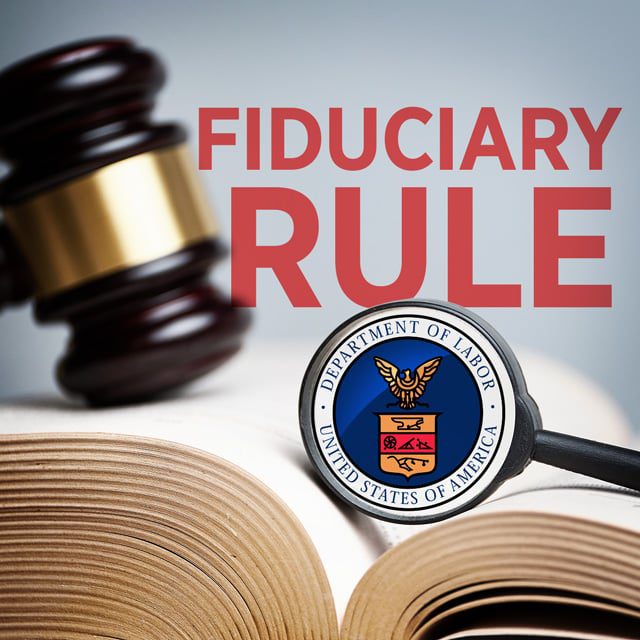Schwab Urges DOL to Withdraw 'Ill-Fated' Fiduciary Rule

In order to regulate IRAs directly, Labor’s plan “seizes on two slivers of authority,” Morgan contends.
“First, it deploys the Department’s narrow authority to define ‘accounting, technical, and trade terms’ to effectuate a dramatic expansion of who qualifies as a fiduciary to ERISA-covered plans and IRAs,” Morgan wrote.
Second, the plan “gives these new ‘fiduciaries’ a prohibited transaction exemption [PTE 2020-02] laden with burdensome preconditions — and by amending other existing exemptions, pushes professionals into the Department’s preferred regulatory framework,” the letter states.
“With this one-two punch, the Department turns its ‘exemptive’ authority, meant to reduce regulatory burdens, into a vehicle for imposing industry-reshaping regulations that the Department could not issue directly,” according to the letter.
PTE 2020-02
Morgan further maintained that Labor’s plan “creates confusion, not uniformity.”
The Department could have made compliance with the Securities and Exchange Commission’s Regulation Best Interest “sufficient” to comply with PTE 2020-02, which covers rollover advice, “but it did not,” the letter states.
“Instead, the proposed amendments to PTE 2020-02 require, for example, that financial institutions conduct an extensive ‘retrospective review‘ of their compliance with the exemption at least annually, with a signed certification by a senior officer of the firm that the firm filed a Form 5330 with the IRS for ‘any non-exempt prohibited transactions’ and that the firm ‘corrected those transactions, and paid any resulting excise taxes,’” Morgan wrote.
Reg BI, however, “requires no such certification, and with good reason, because neither the SEC nor DOL has enforcement authority with respect to the reporting of prohibited transactions or payment of excise taxes,” the letter states.
The proposed amendments to PTE 2020-02 would also require “more detailed disclosures” to customers than required by Reg BI.
For instance, “before discussing a rollover, a service representative or financial professional would need to disclose not just the fees and costs associated with the destination account, but also collect and disclose substantial, detailed information about the investor’s existing account,” Morgan states.
“And, of course,” the letter adds, “the Proposal’s extremely broad ‘fiduciary’ definition pulls in so-called ‘recommendations’ that would not be covered by Reg BI, such as call center conversations and speeches at conferences.”




